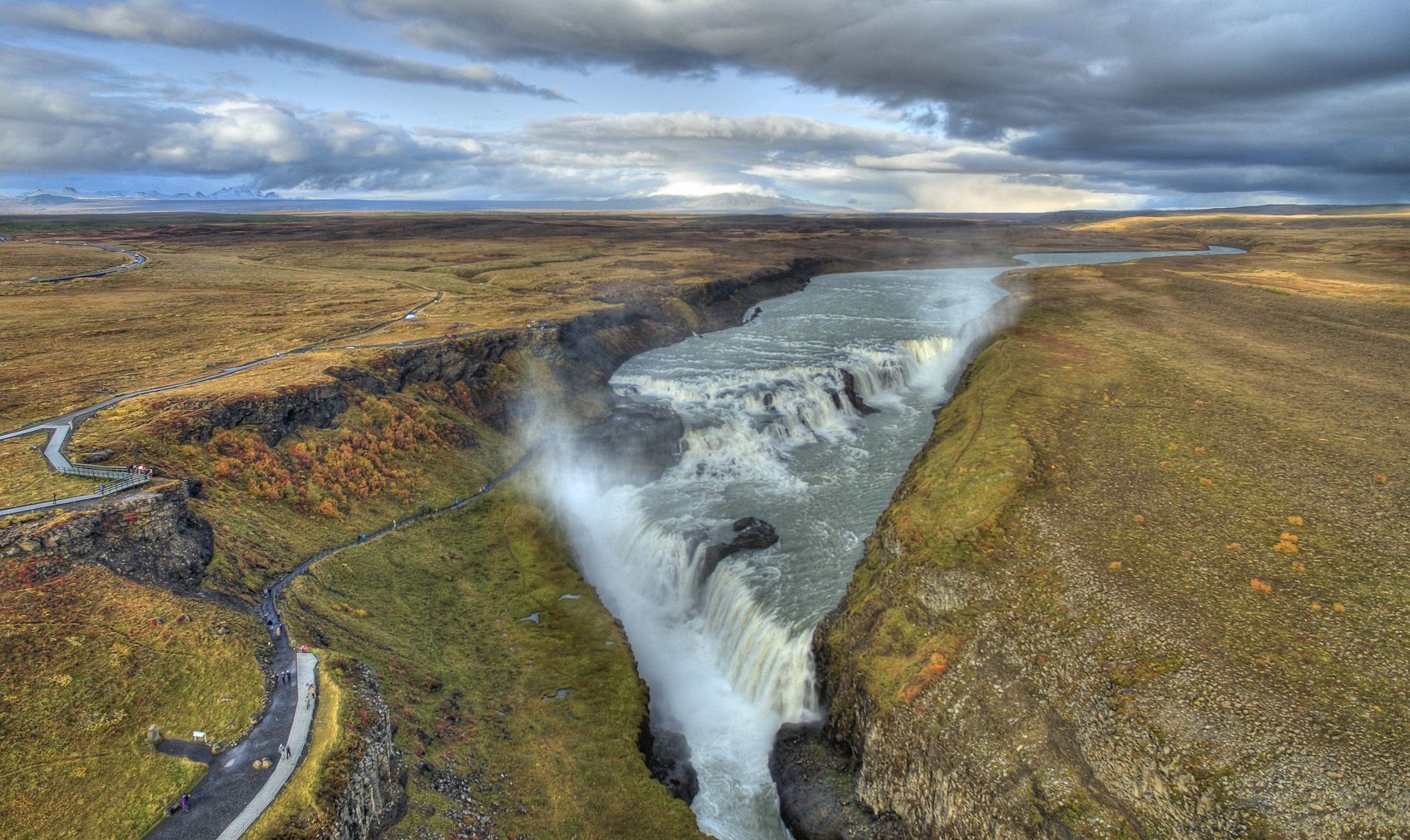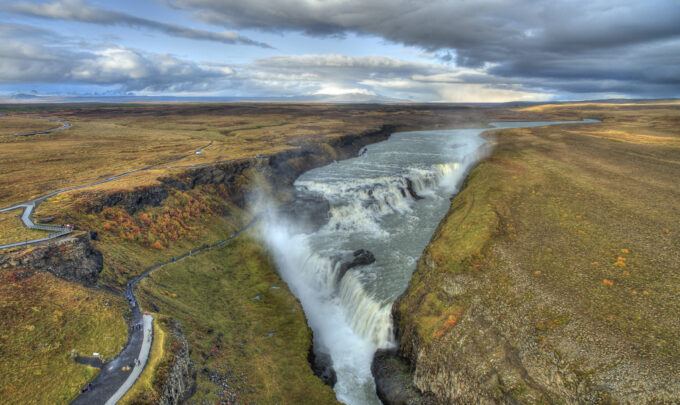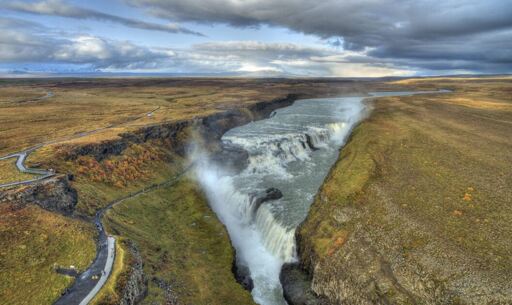

Photograph Source: Nickspix – CC BY-SA 4.0
So Thom Yorke has just insisted Radiohead will “absolutely not” perform in Israel under Netanyahu. This marks a clear departure from their previous stance. As it happens, I’ve been getting into the melodic angst of their second album, The Bends, again. Even on Remembrance Sunday, as I entered a coffee shop in Canary Wharf, it was in my head:
Where do we go from here? The planet is a gunboat in a sea of fear And where are you?
Behind the counter were two young Muslim women and one young Muslim man. Everything was oddly still and silent. I greeted them and ordered two coffees. At which point, the first woman placed a finger to her lips.
I thought she meant I was speaking too loudly, so I repeated the order more quietly. Without saying a word, she pointed to the handwritten large note. Placed by the till, it was asking customers to observe the two-minute silence “in remembrance of those who died in conflict.” It must have been seconds after 11 am.
I felt a strange, small sense of shame. It was a careless oversight. “We thought it the right thing to do,” volunteered the first woman, as I later returned the cups. Interestingly, the decision was theirs, not their employers. “I’m totally with you,” I said.
Meanwhile, just around the corner, I’d also forgotten that protestors had gathered outside an asylum hotel, and it was this awkward juxtaposition that made the whole thing so weirdly newsworthy, because those outside the hotel were loudly and explicitly accusing Muslims that day of failing to show respect on Remembrance Sunday for those who had sacrificed their lives for the country.
Aside from the fact that 1.5 million Muslim soldiers had been killed in action while fighting for the British and Allied forces during the two World Wars, it was upsetting knowing these two worlds. The quiet dignity of the three young people in the coffee shop, and the restless fury of the older people outside the hotel, insisting they alone understood respect.
Britain’s first Muslim woman Home Secretary, Shabana Mahmood, has just said she sees properly controlling immigration as the one thing that can bring the country together, not tear it apart.
Elsewhere in the world, as plans were revealed for German submarine-hunting P-8A Poseidon aircraft to operate out of Iceland, our kids returned to London from performing in the Icelandic capital of Reykjavik. The day after the gig, they enjoyed the great Golden Circle tour. Just as we all had done as a family over a dozen or so years earlier.
From that trip, the artist produced a sizeable series of large-scale works inspired by what she saw. These, which used the landscape—arguably—as a metaphor for human isolation, were later exhibited in a major London exhibition.
A later of these piece featured a charged depiction of the Gullfoss waterfall, with today’s musicians portrayed in the foreground as child spectators, in a style reminiscent of Caspar David Friedrich, with the girl’s face turned towards the boy in shared astonishment. ‘She looks like the real thing,’ as Thom Yorke sang in ‘Fake Plastic Trees.’ It was like an encounter with something too large to name—it still feels dangerous. Anyway, Gullfoss was one of the places they revisited.
On average, 100,000 litres of glacial water from the river Hvítá plunge 100 feet every second into the Gullfossgljúfur canyon. The sound is quite extraordinary. It’s like sticking your head into the earth’s core and finding it cold, cold, cold, not hot. I remember the children sitting there first time around, safe but close to the edge, never imagining artistic good fortune would bring them back one day.
There is an ancient legend of Gullfoss. If I haven’t mentioned this before, it involved a miserly, wealthy farmer named Gýgur, who lived nearby and was said to have accumulated great wealth during his lifetime. Fearing it might fall into the hands of others, he was said to have meanly thrown a chest of gold into the waterfall. The myth obviously concerns ownership, fear, and loss—timeless themes in their way. Not unlike the sentiment behind the line ‘You do it to yourself’ in Radiohead’s ‘Just’ on the album.
Icelandic people maintain a pretty strong attachment to their history and mythology. We spent a short time on the island with a former Interior and Justice minister who invited us to the Icelandic parliament and later to his house for roast chicken. Driving us back to where we were staying, past Björk’s house, he told us that his weekly history group had finally reached the third century in their study of Icelandic history. He was very excited about this.
How different the rest of the world appears to feel. History burns as quickly as a cigarette paper. People don’t even buy art anymore. Whatever happened to art as sanctuary—art as the antithesis of meanness? Just like the aesthetic of cold landscapes as a corrective to overheated politics.
I sense the artist may, at some point, want us to relocate to somewhere like Iceland. The last time I felt such a wave of cultural pessimism, I travelled to New York for two weeks and stayed five years, though there is little chance of that happening again soon—not with Trump back in power, even if we do own $899 billion of the US debt. (Just thought I’d toss that one in there.) For now, I guess, I’ll just have to do with Radiohead’s ‘Planet Telex’:
You can force it but it will not come. You can taste it but it will not form. You can crush it but it’s always here. You can crush it but it’s always near.
Everything is Broken. Everyone is Broken…
The post You Do It to Yourself appeared first on CounterPunch.org.
From CounterPunch.org via this RSS feed


